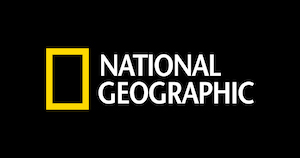Interview with Teresa Clare: Biologist, Conservationist and Filmmaker
Teresa Clare: CEDEI Environmental Science Professor
What subjects do you teach at CEDEI International Program?
Conservation Biology, Environmental Studies of the Andes and Geography
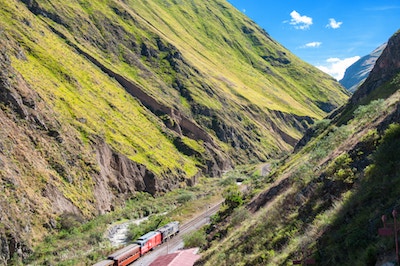
Andes Mountains, Ecuador
What type of classroom and learning experience should students expect at CEDEI in terms of class-size, rigor, homework, projects, experiential learning, technology, etc.?
Class size is usually small, the maximum I have had was 12 students, but there are usually fewer. This allows for a lot of conversations and student participation in class. I give a maximum of one homework a week, which normally involves preparing a short presentation. Students also have to complete an individual research project of their choice; they will write up the paper and give a presentation of this project in the last class. I do use quite a few films, including some of our own, especially for the Environmental Studies course.
Students often remember things that they have seen on film more easily than if I just tell them, and it helps to get a feeling for the various ecosystems we study, as well as adding variety to the class structure. I also use a lot of photographs to illustrate the classes. There is not much time for field work during classes, but all students participate in various outings that are very relevant to my courses, e.g. to Galápagos ad Cajas National Parks. There is quite a lot of material to learn in a short amount of time, so the courses are fairly intense, but students do not need to have studied any of the biological sciences before. As there are usually classes 4 times a week I do not expect students to do as much background reading as I would normally if the course was spread over a longer time period, however some reading out of class hours is required.
Why do you think study abroad programs are important?
The program is an ideal opportunity to travel and experience new cultures, activities and ecosystems, whilst being largely immersed in Spanish (though my classes for the spring and fall programs are in English).
Ecuador is ideal as it is possible to travel from mountains to rainforests and beaches in a short amount of time and it provides a huge range of historical, geographical, social and biological conditions that will enable students to appreciate much better the issues surrounding the courses they are taking.
From an education point of view there are opportunities to study subjects that are specifically related to Ecuador and Latin America, but that will contribute to their university qualifications and career opportunities in the future.
What do you hope students will have learned/gained when their time in Cuenca is finished?
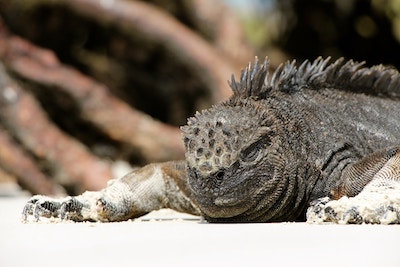
Marine Iguanas, Galápagos Islands
Well, each course syllabus has a list of expected learning outcomes, and I hope they will have learned a lot academically. I also hope that having studied in Ecuador my students will have a much clearer idea of many of the issues that we discuss. For example, Conservation Biology is an introductory course that covers the same topics that would be included in a similar course in any university. But I try to provide examples from Latin America and Ecuador as far as possible, and concentrate more on the specific problems and challenges faced by developing countries, I think that students will be able to appreciate these much better having experienced life in Ecuador. They will also leave with some ideas about how and where to do further work in related fields in Ecuador if they are interested in doing so in the future. I think that all students, as well as improving their Spanish, will have broadened their outlook in many aspects of life having spent a few months here.

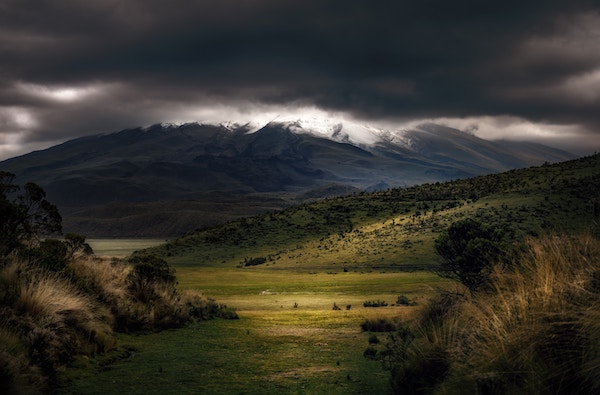
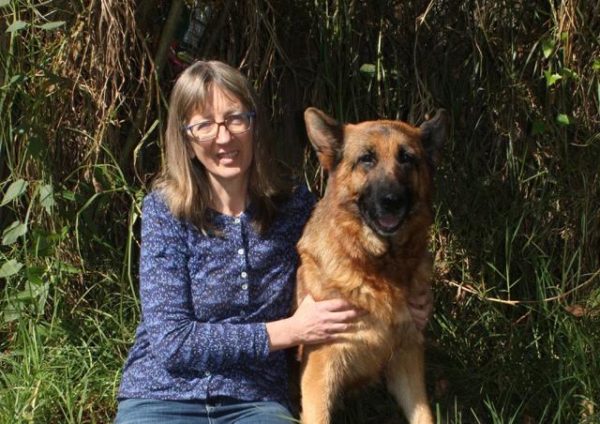 Where are you from and how did you end up in teaching?
Where are you from and how did you end up in teaching?
